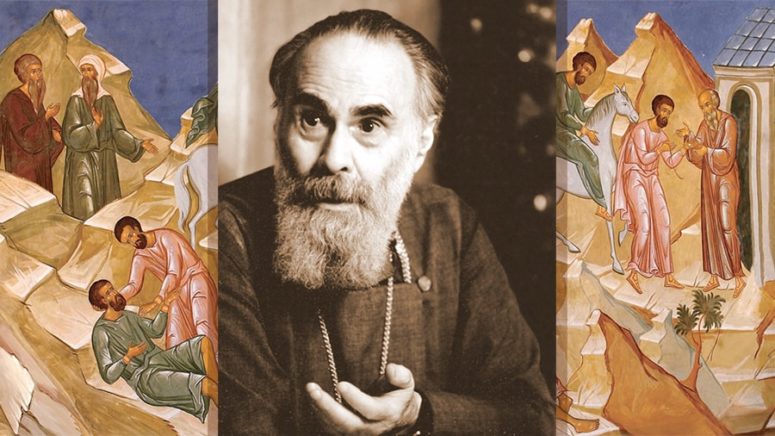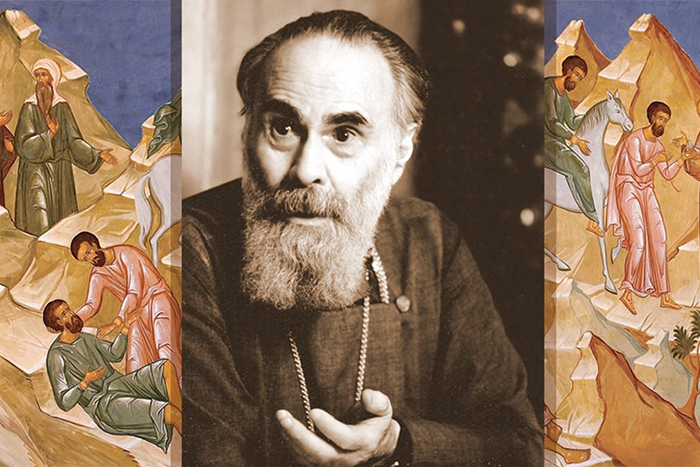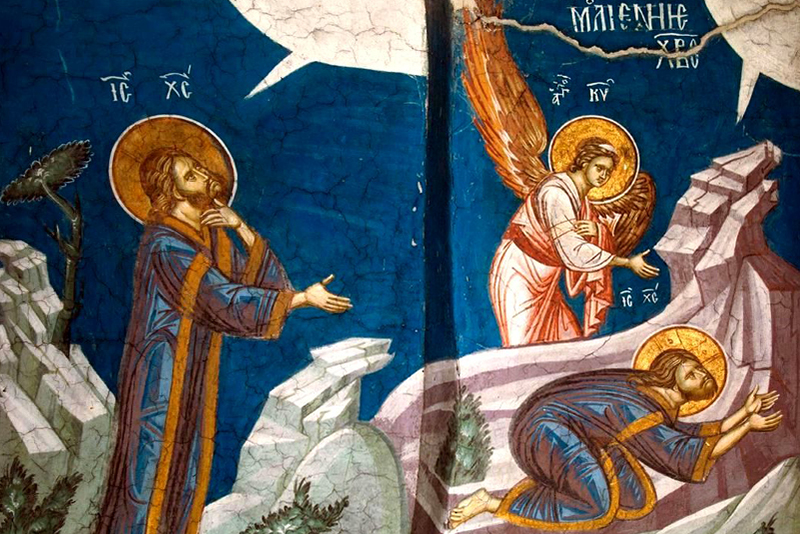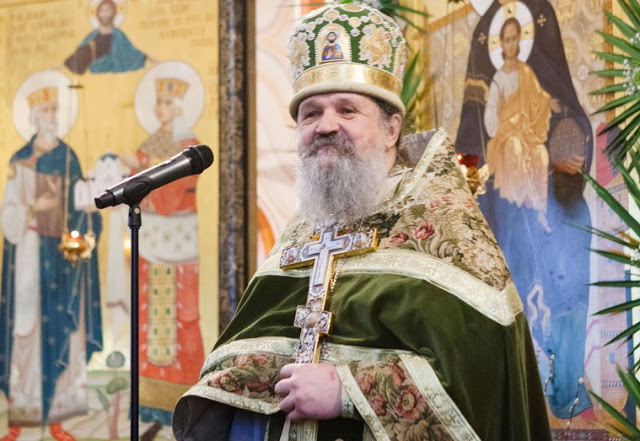
You may have noticed that when you’re tired, you don’t want to get involved in someone else’s life. You meet somebody and you ask, “How are you today?” And the guy replies in a dead voice and looks at you with dead eyes and says, “It’s okay.” You don’t ask any follow-up questions; his words are enough, that’s what you’ve been waiting for, he released you from the need to take his burden on you; you’re free… If we were honest, we’d say: “It’s not true: your gaze is dim, your voice is dead, I can see that you’re not okay at all. It’s either fear in your eyes or something else.” We could open up a whole new world in that person, but we often do not do that because noticing means assuming solidarity and responsibility; it means entering another person’s life in the way the Apostle Paul prescribes: “Bear ye one another’s burdens” (Galatians 6:2).
In order to find that courage, you have to overcome a lot. The first thing to overcome is a selfish fear that my calm life may suddenly become restless, that my well-being may shake, that light may fade, that joy may subside. We always think of ourselves and feel as if we are the center of our own life and that of others. Do you remember Jesus’s parable of the good Samaritan? The scribe asks Christ, “Who is my neighbor? (Cf.: Luke 10: 29) He feels that he is the center of his own life and looks around: who is my neighbor? Christ replies: You are the neighbor of the one who needs you; he is the center. You are called to step into his need… This is what we cannot do: we are unable to feel that I am not in the center, that every man around me, be he near or far, has his full, complete destiny, and he is as precious to God as I am; and if I did not exist at all, this person would be as significant in the eyes of God. I may be an incidental circumstance in his life – either transitory, or good, or evil; but this man exists in his own right before God, he is not a part of my life, not a circumstance in my life, he is a human being. He is called by God to live, to know God, and to reach the fullness that exists in Him alone; he is called to enter the Kingdom of God. We should think about this more often and more deeply, because it is not natural for us.
In addition, to some extent, we treat each other either like parasites or like greedy beasts. How often we live with each other as if devouring each other, taking away peace, joy, heart purity and so many rich properties, consuming them and exploiting them… We must learn not to take, but to give and not expect anything in exchange or as a reward. These are Christ’s words, not mine: Give as generously as you have received from God; freely ye have received, freely give (cf.: Matthew 10: 8). What do we have that we have not received either from the Divine or from human love? Thus, it must be established that my calling is to be a careful, thoughtful friend and servant of my neighbor; I must be willing to give him everything I have, and never demand it back, and never mention that I have sacrificed something for him, and never expect any gratitude. Giving and serving actively, thoughtfully, and wisely, loving others is the highest thing that we can do, it is our privilege; it is not even our “duty”.
Translated by The Catalogue of Good Deeds
Source: https://obitel-minsk.ru/chitat/den-za-dnyom/2019/kto-zhe-moj-blizhnij




